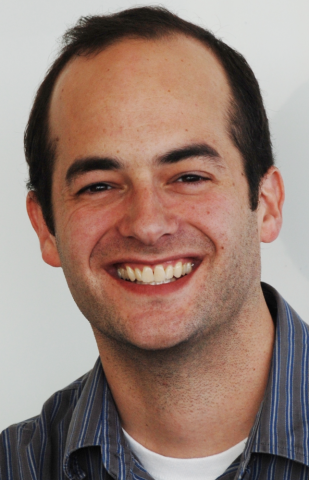
Date:
Location:
Speaker:
ABSTRACT:
I will discuss two technologies my lab is developing to gain control over cellular behaviors, particularly engineered metabolism. The first is an in vivo CRISPR-guided DNA polymerase we call EvolvR to introduce localized diversity at one or multiple loci. The capacity to diversify genetic codes advances both our understanding and engineering of biological systems. EvolvR is the first system that can continuously diversify all nucleotides within a tunable window length at user-defined loci. The second technology is the repurposing of the peroxisome to be a plastic organelle that can be repurposed to functionally import protein or proteins of interest. Our efforts are to redesign the peroxisome as a lipid bilayer-enclosed organelle that can efficiently compartmentalize multi-enzyme pathways.
BIO:
John Dueber is an Associate Professor of Bioengineering at University of California, Berkeley. He earned his Ph.D. in 2005 engineering synthetic signaling switch proteins to investigate how domain recombination events could reprogram the signaling behaviors of proteins at the University of California, San Francisco. As a QB3 Distinguished Fellow, mentored by Prof. Jay Keasling, he focused on the use of synthetic biology approaches for improved metabolic engineering performance. Modular protein-protein interaction domains were used to build synthetic scaffolds capable of co-localizing metabolic enzymes tagged with corresponding ligands for these protein-protein interaction domains. Starting his lab in 2010, his lab focuses on developing technologies for increasing engineering control over cells for a variety of engineering applications, particularly metabolic engineering. He has been awarded a NSF CAREER, DOE Early Career, and Bakar Fellow award.



